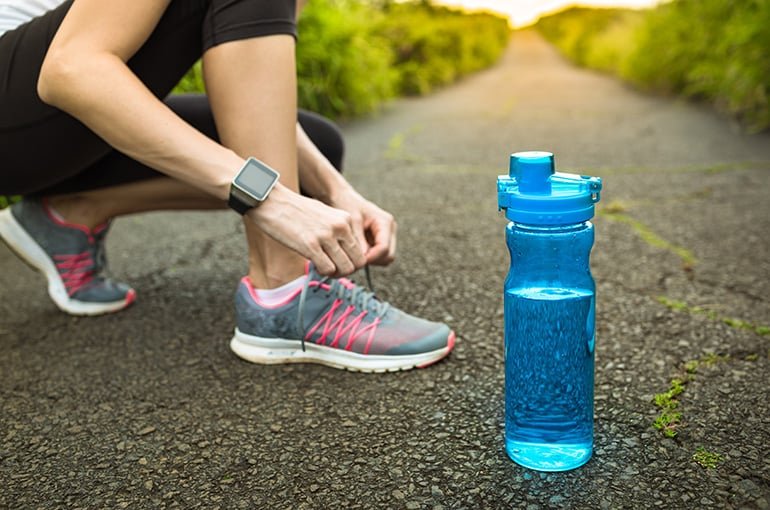For athletes striving for peak performance, maintaining proper hydration is crucial. It’s not just about quenching thirst—it’s about ensuring optimal body homeostasis, which is essential for mental and physical balance. Water is key in lubricating joints, supporting cardiovascular function, transporting nutrients, and regulating body temperature.
The Importance of Hydration in Athletic Performance
Top athletes owe their global recognition not only to their skills but also to rigorous routines and self-discipline, including nutrition, behavior, and mental health. Hydration is a major nutritional factor that helps balance an athlete’s physiological state, crucial for achieving peak performance.
Understanding Adequate Hydration
What exactly constitutes adequate hydration? Ideally, athletes should aim for 10–12 cups of water or hydrating substances daily during training. This proactive approach ensures fluid balance, rather than responding reactively to thirst.
Hydration Strategies: A Proactive Approach
Hydration strategies involve conscious and timely fluid intake to prevent excessive water loss. Factors like exercise intensity, training duration, personal sweat levels, and environmental conditions must be considered. Once the best method of hydration is identified and applied, athletes can maintain peak performance and optimize fluid balance.
Phases Of Hydration For Optimized Athletic Performance
Understanding different hydration phases is key:
- Pre-hydration: This stage is crucial before any major event like a marathon. Drinking 5–8 ml/kg body weight 2-4 hours before exercise can give an edge over competitors.
- Intra-hydration: Don’t wait until thirst kicks in during training. Continuous water intake is necessary to maintain performance levels.
- Post-hydration: To ensure proper fluid balance post-exercise, it’s vital to hydrate within 30 minutes after a workout.
- Maintenance Hydration: Even a 2% loss in total body weight due to dehydration can impact athletic performance. Regular fluid replenishment is essential for reducing dehydration and enhancing effectiveness.
The Critical Role of Water Balance in Athletes
Staying adequately hydrated allows athletes to perform optimally before, during, and after events. It’s an integral part of training and recovery, as vital as nutritious food for top-tier performance.
The Risks of Overhydration
Yes, there is such a thing as too much hydration, leading to hyponatremia. This condition, characterized by diluted salt concentrations and cell swelling, can manifest symptoms like confusion, headaches, balance issues, bloating, nausea, or even more severe outcomes like seizures or coma. Immediate medical attention is necessary if these symptoms occur.

